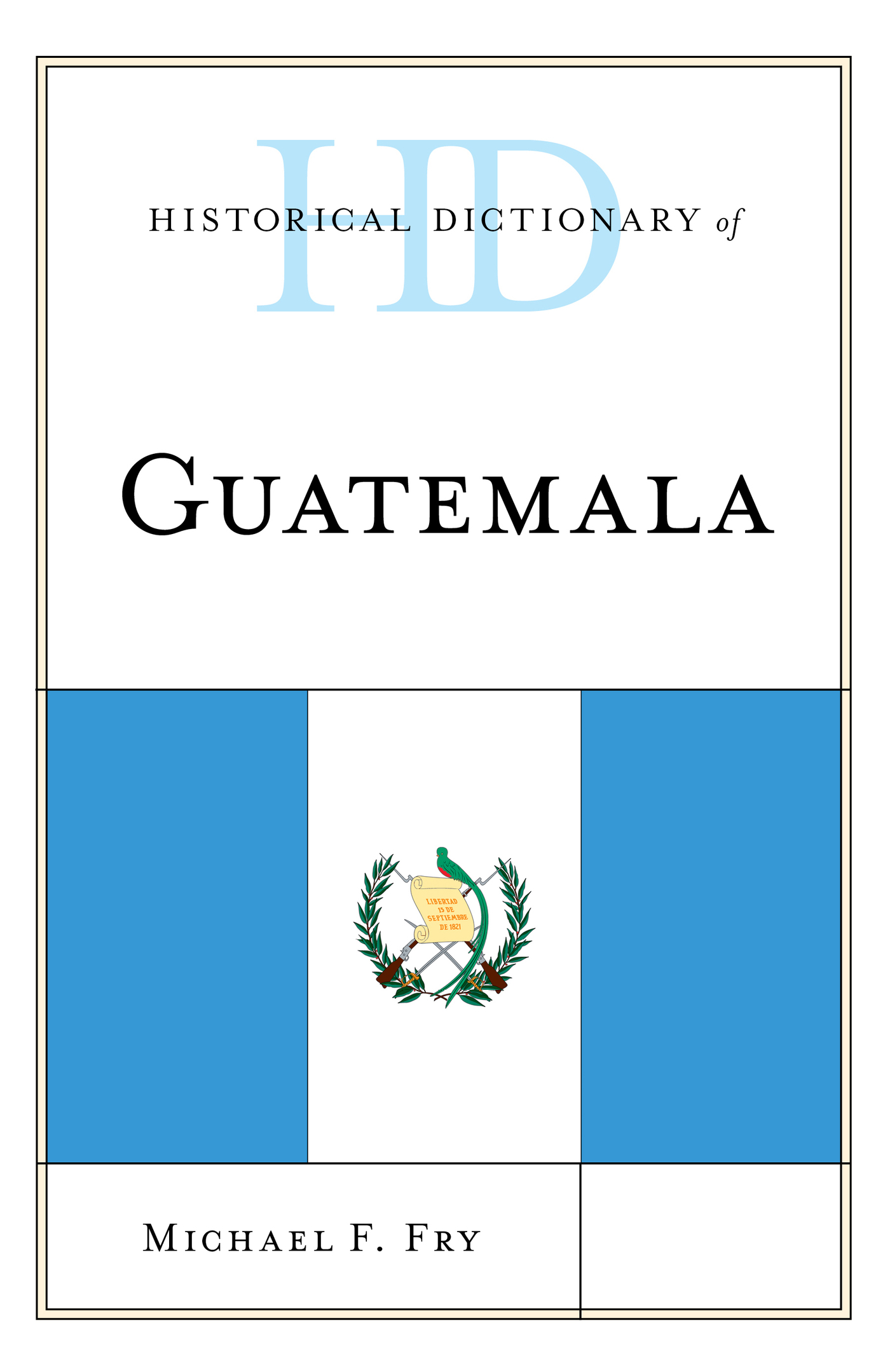The historical dictionaries present essential information on a broad range of subjects, including American and world history, art, business, cities, countries, cultures, customs, film, global conflicts, international relations, literature, music, philosophy, religion, sports, and theater. Written by experts, all contain highly informative introductory essays on the topic and detailed chronologies that, in some cases, cover vast historical time periods but still manage to heavily feature more recent events.
Brief AZ entries describe the main people, events, politics, social issues, institutions, and policies that make the topic unique, and entries are cross-referenced for ease of browsing. Extensive bibliographies are divided into several general subject areas, providing excellent access points for students, researchers, and anyone wanting to know more. Additionally, maps, photographs, and appendixes of supplemental information aid high school and college students doing term papers or introductory research projects. In short, the historical dictionaries are the perfect starting point for anyone looking to research in these fields.
Historical Dictionaries of the Americas
Jon Woronoff, Series Editor
Costa Rica, 2nd ed., by Theodore S. Creedman. 1991.
Honduras, 2nd ed., by Harvey K. Meyer and Jessie H. Meyer. 1994.
Trinidad and Tobago, by Michael Anthony. 1997.
Cuba, 2nd ed., by Jaime Suchlicki. 2001.
Mexico, 2nd ed., by Marvin lisky. 2008.
Haiti, by Michael R. Hall. 2012.
Colombia, by Harvey F. Kline. 2012.
Panama, by Thomas M. Leonard. 2015.
Dominican Republic, by Eric Paul Roorda. 2016.
El Salvador, by Orlando J. Perez. 2016.
Chile, 4th ed., by Salvatore Bizzarro. 2017.
Peru, by Peter F. Klarn. 2017.
Venezuela, 3rd ed. by Toms Straka, Guillermo Guzmn Mirabal, and Alejandro E. Cceres. 2018.
Guatemala, by Michael F. Fry, 2018.
Historical Dictionary of Guatemala
ROWMAN & LITTLEFIELD
Lanham Boulder New York London
Published by Rowman & Littlefield
An imprint of The Rowman & Littlefield Publishing Group, Inc.
4501 Forbes Boulevard, Suite 200, Lanham, Maryland 20706
www.rowman.com
Unit A, Whitacre Mews, 26-34 Stannary Street, London SE11 4AB
Copyright 2018 by Michael F. Fry
All rights reserved. No part of this book may be reproduced in any form or by any electronic or mechanical means, including information storage and retrieval systems, without written permission from the publisher, except by a reviewer who may quote passages in a review.
British Library Cataloguing in Publication Information Available
Library of Congress Cataloging-in-Publication Data
Names: Fry, Michael F., author.
Title: Historical dictionary of Guatemala / Michael F. Fry.
Description: Lanham, Maryland : Rowman & Littlefield, 2018. | Series: Historical dictionaries of the Americas | Includes bibliographical references.
Identifiers: LCCN 2017043244 (print) | LCCN 2017043445 (ebook) | ISBN 9781538111314 (electronic) | ISBN 9781538111307 (hardcover : alk. paper)
Subjects: LCSH: GuatemalaHistoryDictionaries.
Classification: LCC F1462 (ebook) | LCC F1462 .F79 2018 (print) | DDC 972.81003dc23
LC record available at https://lccn.loc.gov/2017043244
 The paper used in this publication meets the minimum requirements of American National Standard for Information Sciences Permanence of Paper for Printed Library Materials, ANSI/NISO Z39.48-1992.
The paper used in this publication meets the minimum requirements of American National Standard for Information Sciences Permanence of Paper for Printed Library Materials, ANSI/NISO Z39.48-1992.
Printed in the United States of America.
Editors Foreword
With a population of about 16 million, and considerably larger than other countries in the region, Guatemala has always been important in the history, politics, economy, and society of Central America. Alas, its contribution has often been more negative than positive, although the situation does seem to be improving. The region was once the core of the ancient Mayan civilization, which was disrupted and upended by the Spanish conquest in the 16th century. This ushered in not decades, but centuries, of instability and civil strife, with a series of dictatorships and civil wars, the most recent of which only ended in 1996. Things have been somewhat better since then, with a modicum of democracy, which still continues. The economy, once almost wholly dependent on two crops, coffee and bananas, and also under the excessive influence of the United Fruit Company, now offers more alternatives, including tourism. Civil society is also becoming more diversified and thus more supportive of a modern state. Still, one way or the other, Guatemala has hadif anythingtoo negative and unpredictable a past to be entirely optimistic about the future.
Dreary and even discouraging in many ways, this volatile history is certainly a negative for the country, although it is a positive for Historical Dictionary of Guatemala, which is an entirely new book and fills the void that has existed since the previous edition by another author in 1973. Like other books in this series, this volume provides a chronology, which reviews events in earlier times so readers can more readily trace the countrys history. The introduction offers an overview of Guatemala, telling us more about the land and people, the economy and society, and especially the politics and history. But the most important part of the book, as usual, is the dictionary section, with hundreds of entries on people, places, events, institutions, and assorted activities. For those wishing to know more, and there is indeed much more to know, an ample bibliography points to further reading.
This latest addition to the subseries on the Americas was written by Michael F. Fry, who is a professor of Latin American history at Fort Lewis College in Colorado, where he teaches courses focusing on Guatemala and Central America. He has visited Guatemala frequently, including a stint of three years, during which he conducted archival research. Throughout the years, in addition to teaching and lecturing, he has written scholarly articles on Guatemala and is working on a book on ethnic change in rural Guatemalan society. This has given him considerable understanding of the country, both academic and in real life, which makes him a useful and interesting point of entry, and this book a rare opportunity to become acquainted with it.
Jon Woronoff
Series Editor
Acronyms and Abbreviations
AEU | Asociacin de Estudiantes Universitarios (Association of University Students) |
AFL | American Federation of Labor |
AGAYC | Asociacin Guatemalteca de Autores y Compositores (Association of Guatemalan Authors and Composers) |
AGCA | Archivo General de Centro Amrica (General Archive of Central America) |
APEBA | Asociacin de Profesores y Estudiantes de Bellas Artes (Association of Professors and Students of the Fine Arts) |
APG | Asociacin de Periodistas de Guatemala (Association of Guatemalan Journalists) |
ASC |

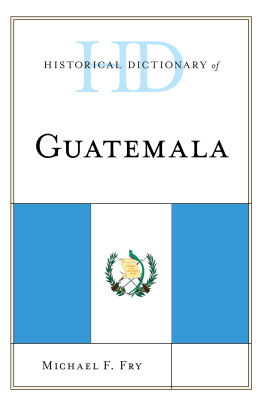
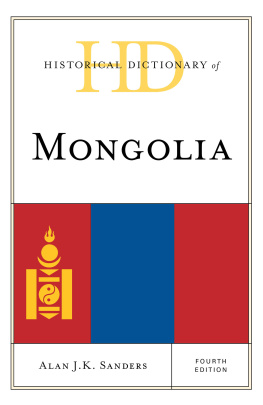

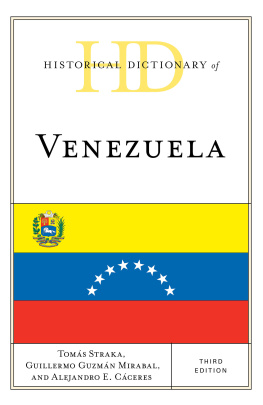
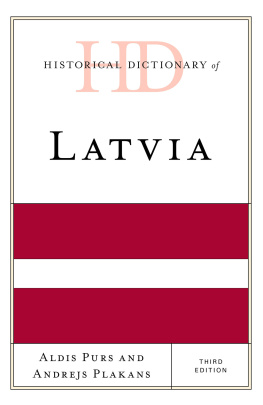
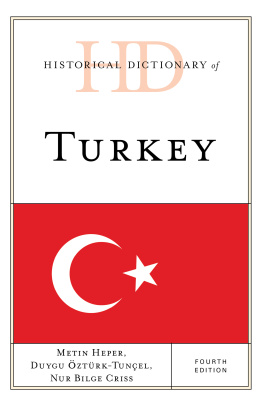


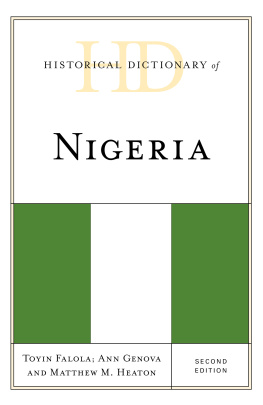
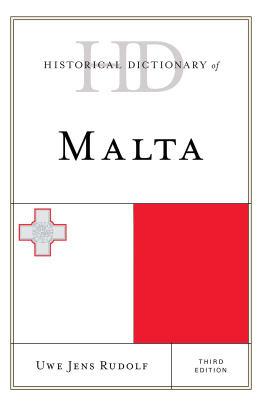
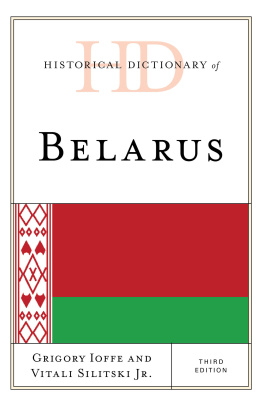
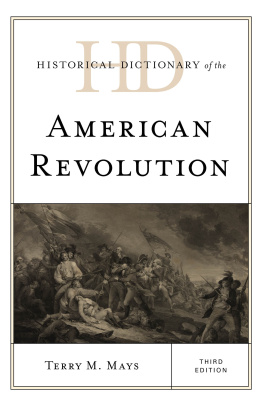
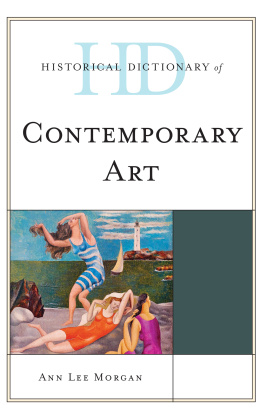
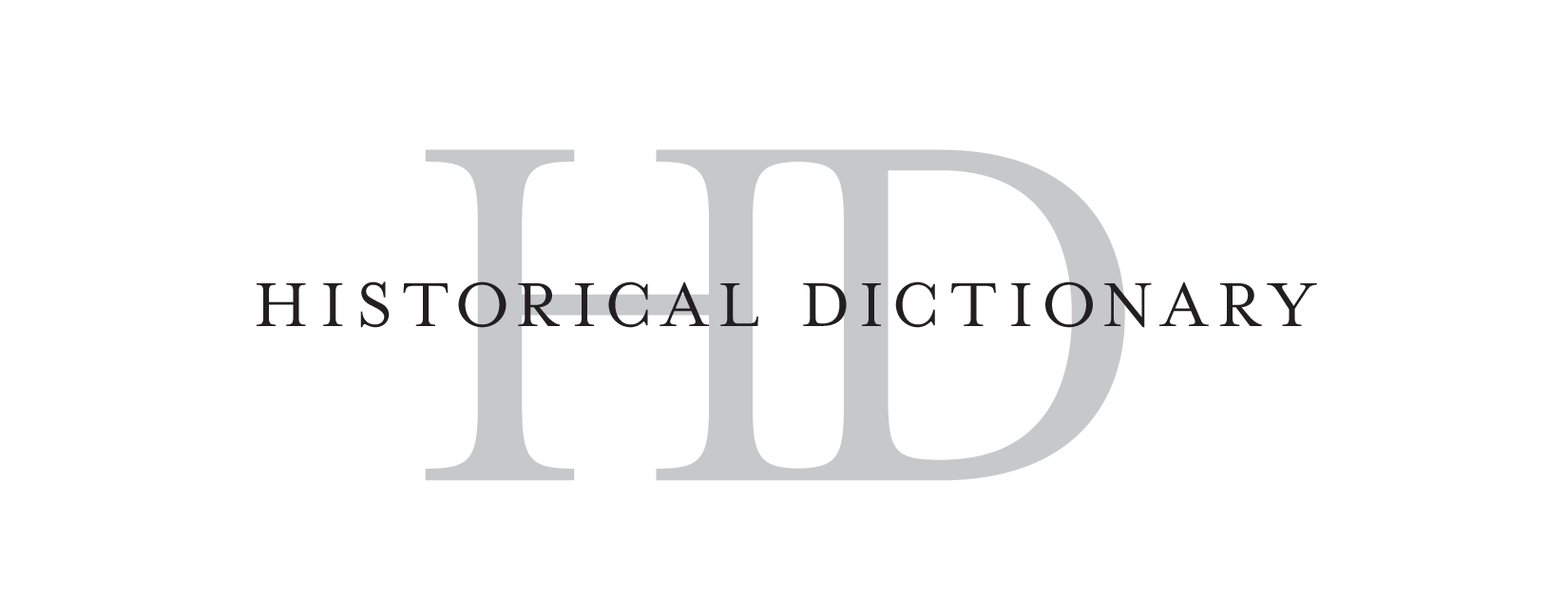
 The paper used in this publication meets the minimum requirements of American National Standard for Information Sciences Permanence of Paper for Printed Library Materials, ANSI/NISO Z39.48-1992.
The paper used in this publication meets the minimum requirements of American National Standard for Information Sciences Permanence of Paper for Printed Library Materials, ANSI/NISO Z39.48-1992.